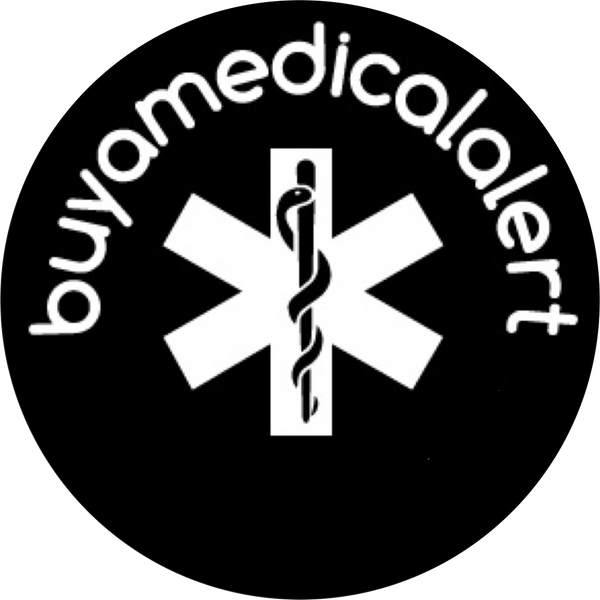Medical Alert ID Interesting Facts & Information
Medical Alert ID Interesting Facts & Information
Who should wear a medical alert ID bracelet?Many of us have medical conditions. Some are common, others like mine (narcolepsy with cataplexy) are much rarer. In an emergency, when you might be unable to speak for yourself, a medical ID bracelet protects you by speaking on your behalf.
How does a medical alert bracelet help me?Doctors, medics and healthcare organisations all over the world recommend medical IDs. Lack of information or misunderstanding an individual’s medical condition can be dangerous, potentially even lethal.
- Symptoms of common ailments can be misdiagnosed easily. Would you believe hundreds of people with Diabetes are arrested each year during a hypo when the fall in blood sugar manifests as erratic or even violent behaviour?
- Imagine being in a car accident and given morphine when you had a morphine allergy. The effects could be catastrophic.
- What happens when your child with a nut allergy is mistakenly given food in the playground that contains nuts and you aren’t present to make sure the appropriate action is taken?
The NHS report that in the UK almost half of all errors occur because of mistakes made upon admission to or discharge from the hospital according to a recent study.
A medical alert ID bracelet can eliminate or at least minimise unnecessary trips to the hospital, and stop a minor drama quickly turning into a crisis. Over 95 percent of medical first responders and paramedics look for medical ID during emergencies.
Should I wear a medical alert ID bracelet or necklace?Honestly, either are better than none!
If you are wearing medical alert jewellery research indicates its more likely to be found when it’s on your wrist. 95% of medics look at the patient's wrist to find a medical ID and 68% look for an ID on the patient's neck.
Who says I should wear a medical alert bracelet?These are just a few of the organisations who recommend wearing medical ID:
- NHS
- Alzheimer's Association
- Diabetes UK
- Epilepsy UK
- Narcolepsy UK
- Mayo Clinic
- The World Health Organisation
